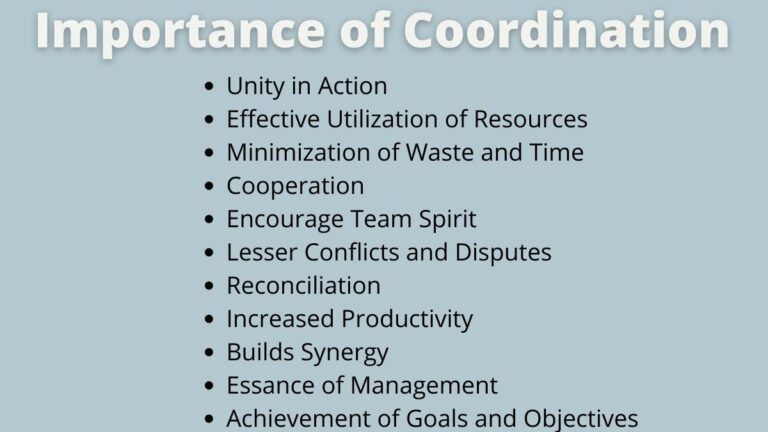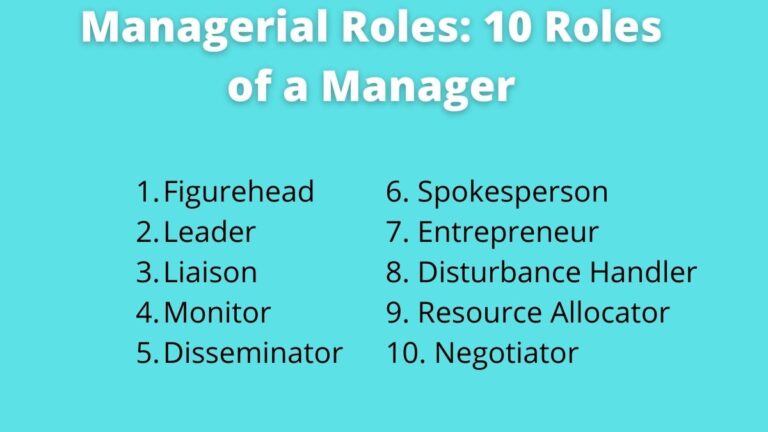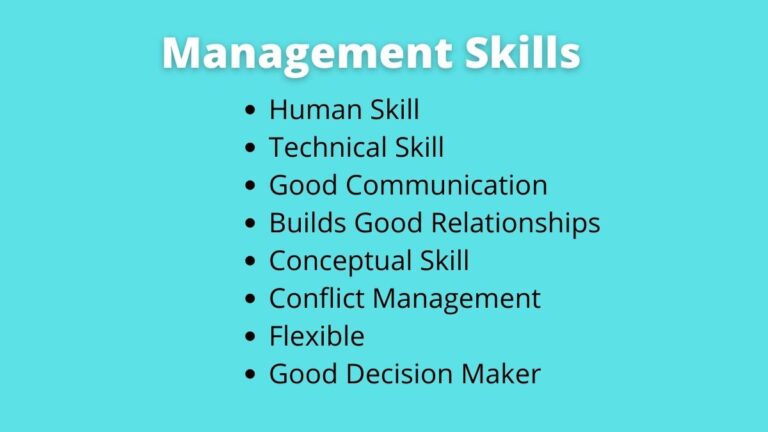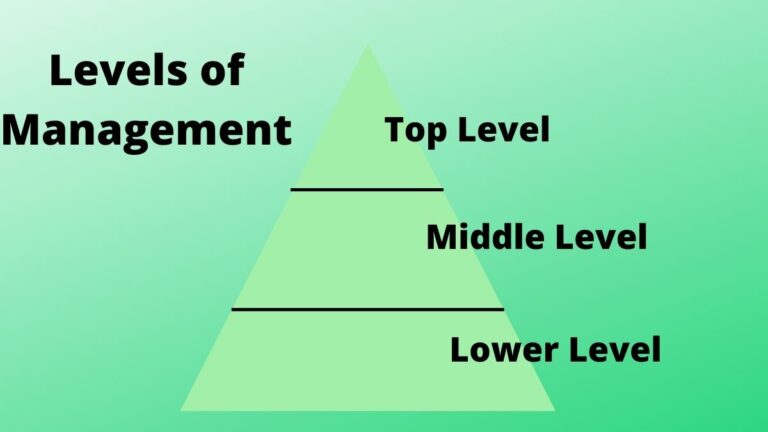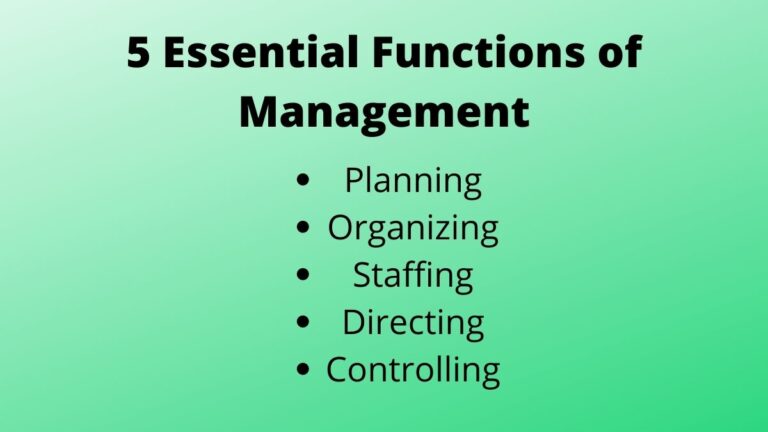11 Importance of Coordination in the Organization (Explained)
Importance of Coordination Coordination is the essence of management – it is as important as management is important for organizational success. It ensures that all the working factors of the company work in the same direction in order to achieve goals effectively. Following are some of the importance of coordination in management or organization you…
